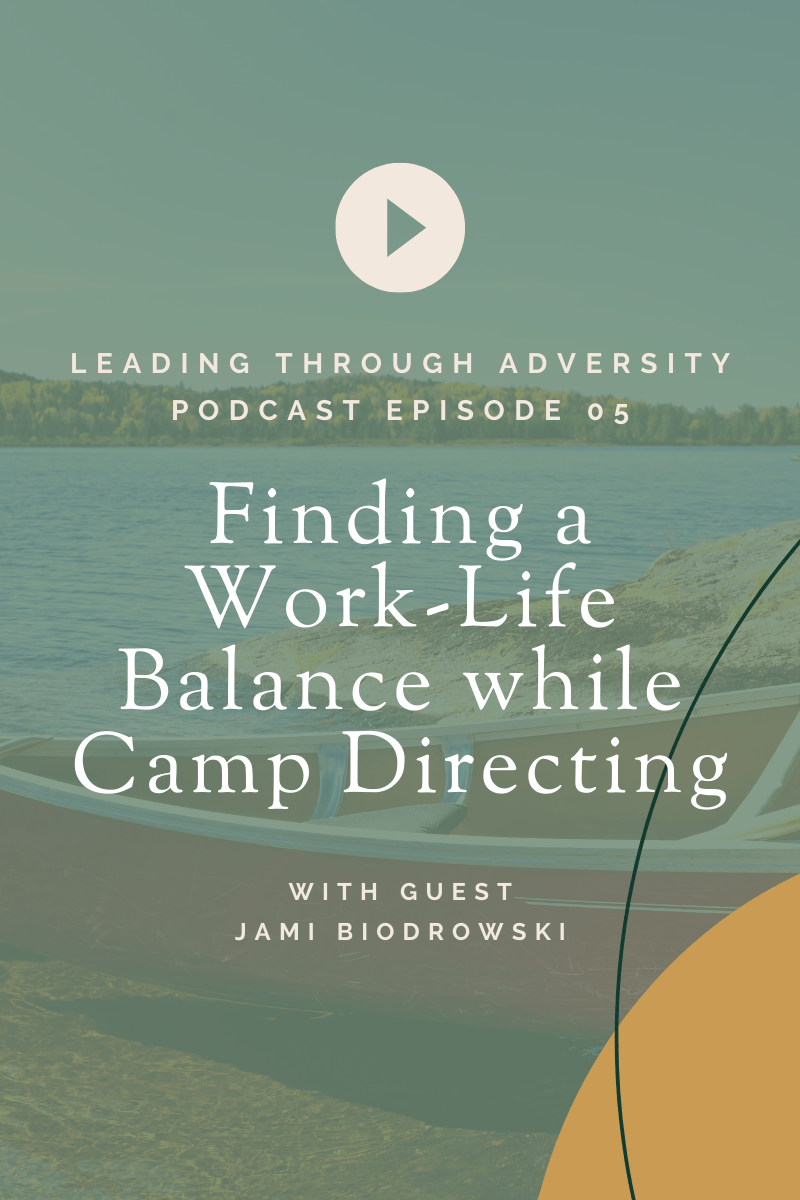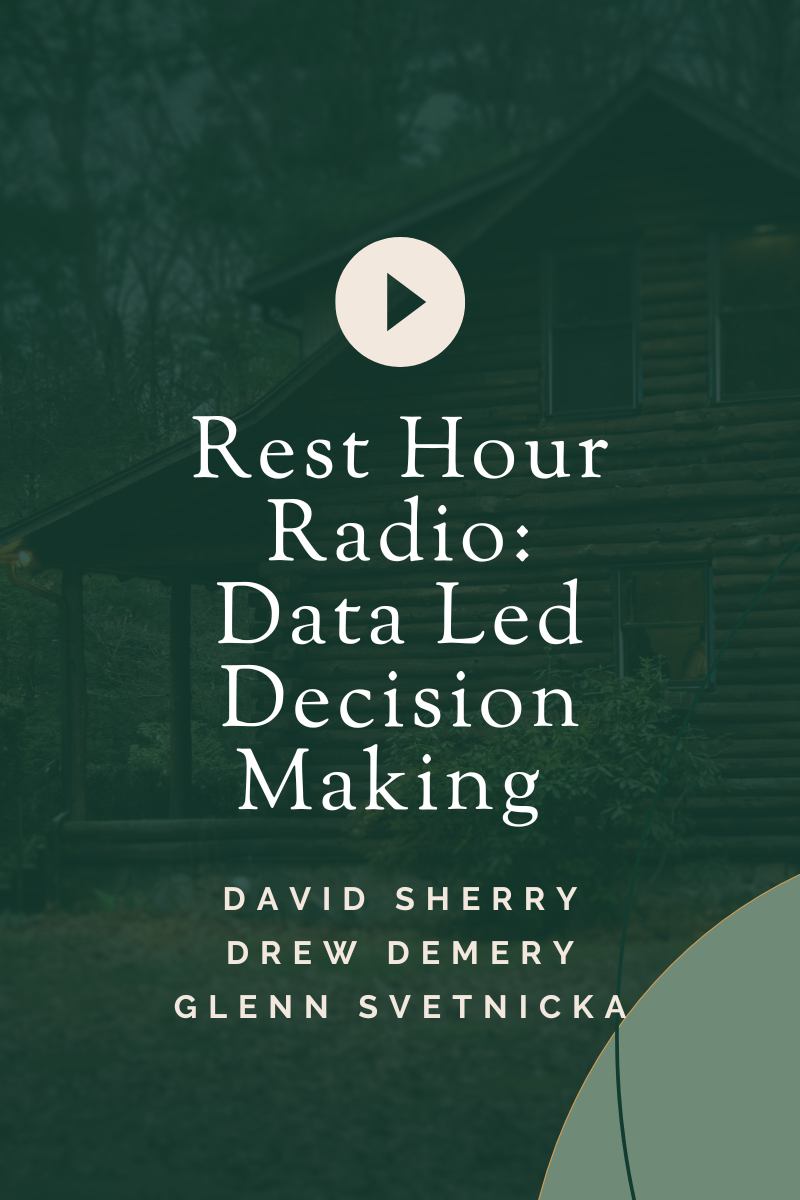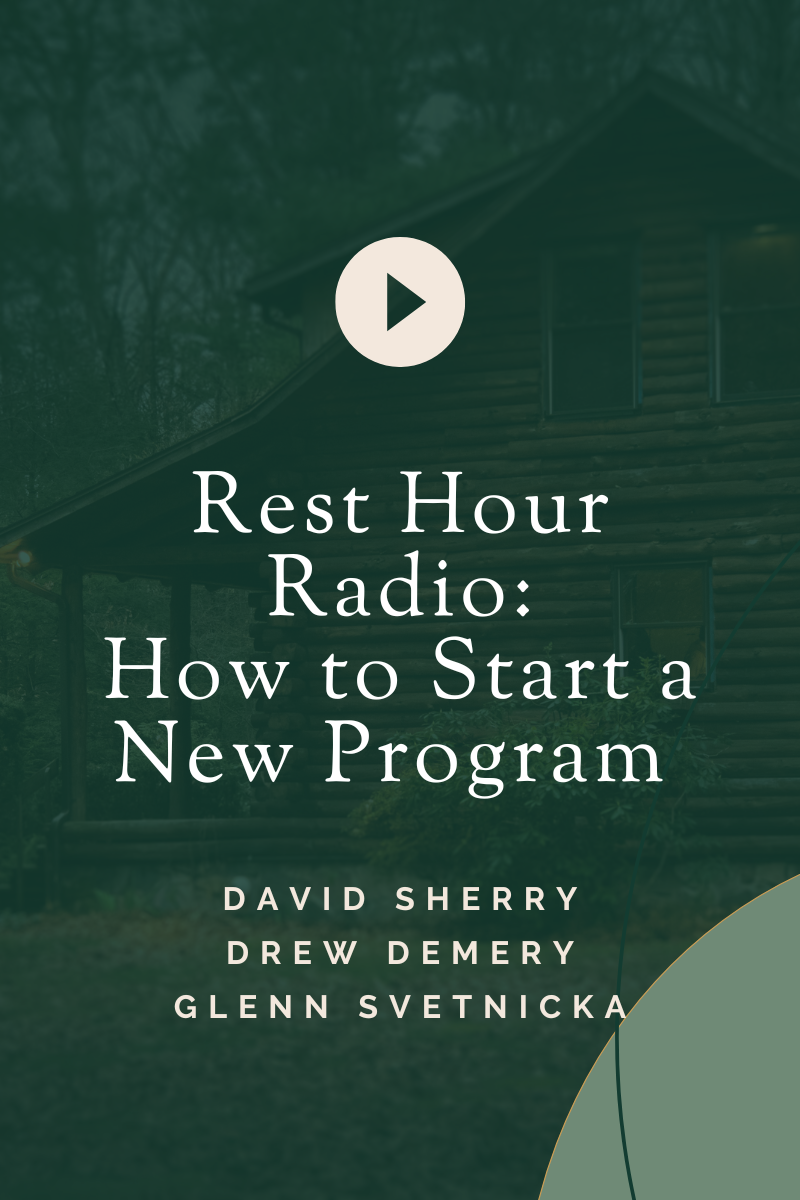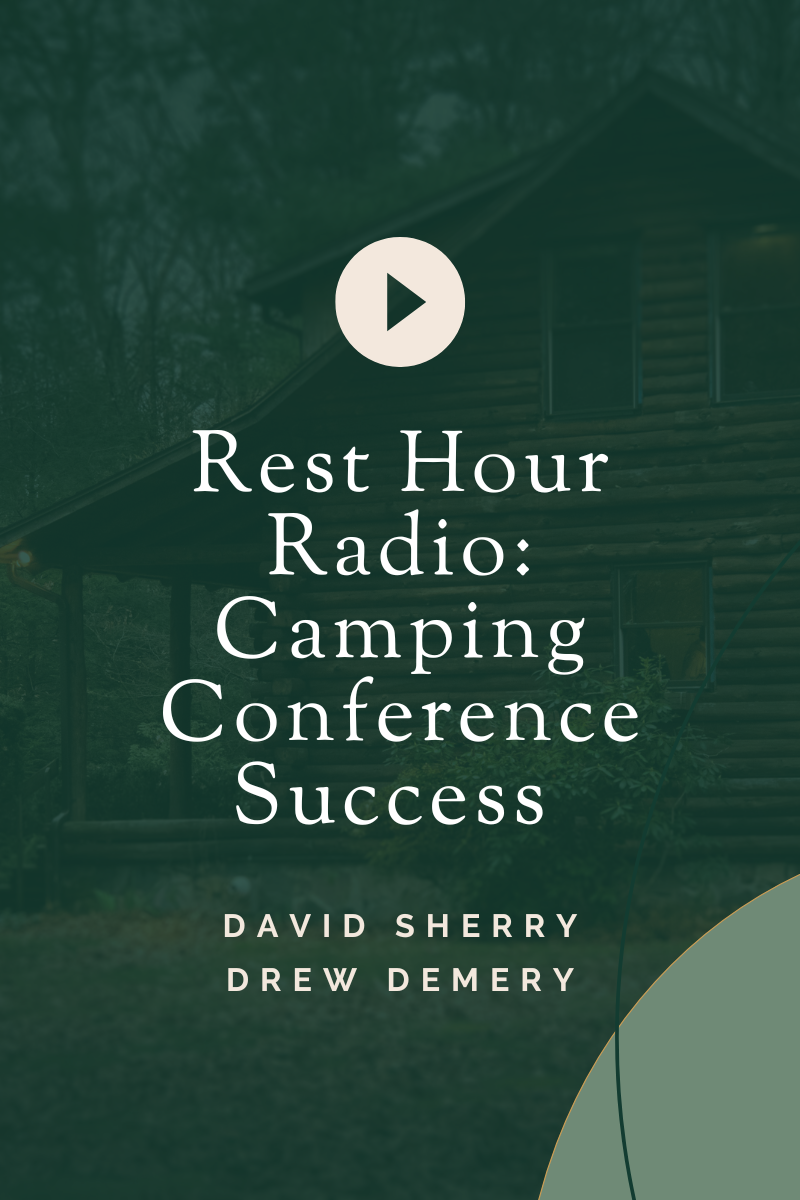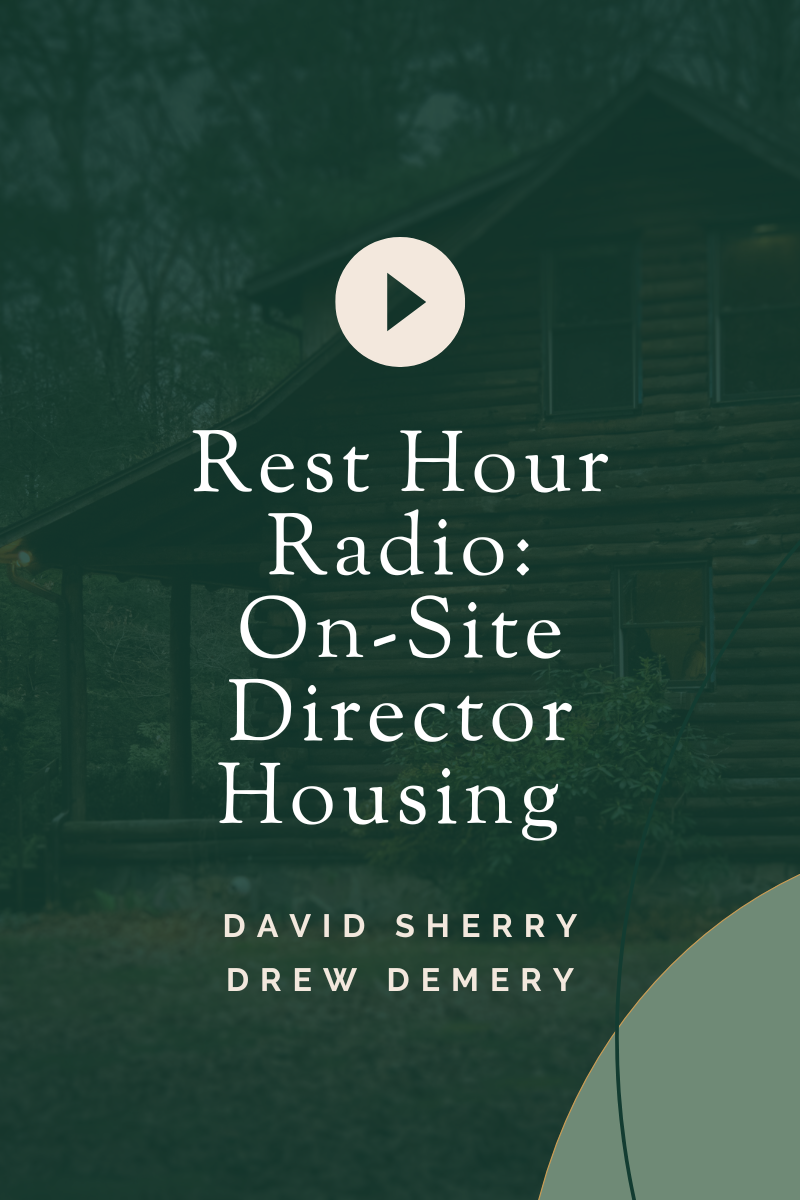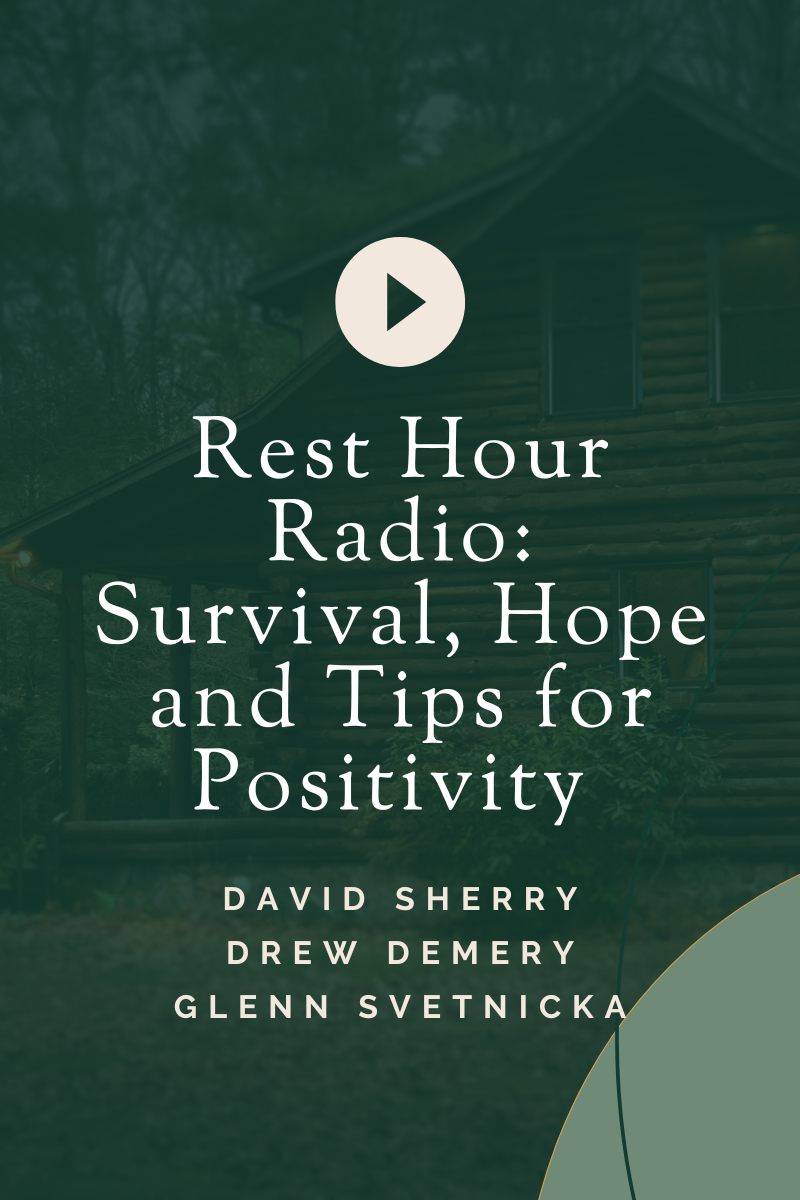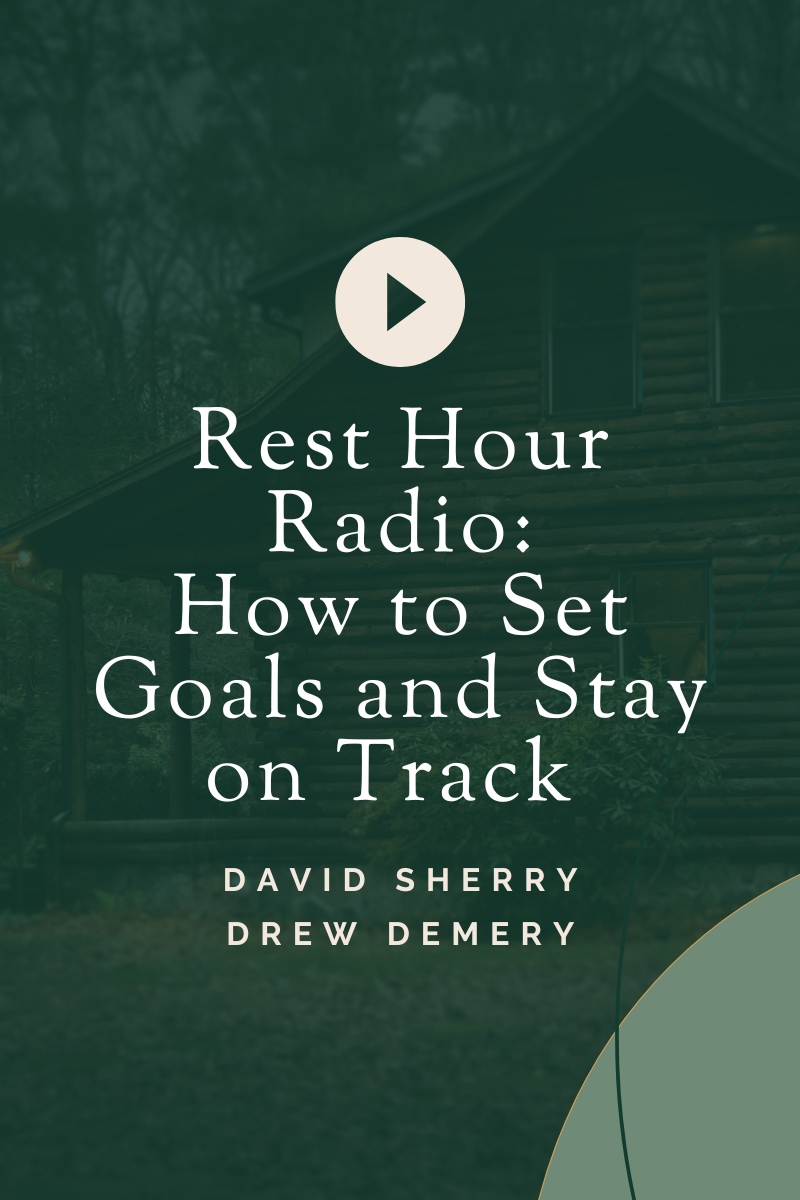CLICK THE PLAY BUTTON TO LISTEN NOW >
In Episode #5, Drew and David chat with Jami Biodrowski, Camp Director with the Easterseals of Nebraska to discuss her personal and professional journey as she transitioned from a full-time salaried employee to hourly, all the while maintaining the same workload and position but significantly different hours.
Welcome to the podcast, Jami Biodrowski, please tell us a bit about yourself.
I am the Camp Director for The Easter Seals of Nebraska for past 6 years and before that I was the Program Director at the 4-H Camp of Nebraska for about 4 years. Excited to be here.
We’re excited to have you on. Please explain your employment situation as you went from salary to hourly a few years ago, but maintained the same Camp Director position.
Yes it was tricky. In about 2014 there was federal legislation to raise the salary cap for a full-time salaried position. If you were under that earning amount you needed to be classified as hourly and if you were over that you were classified as salaried and could not receive overtime pay. My camp went along with the legislation and I was suddenly classified as hourly and was expected to work around 40 hours a week which was significantly less than I had been working, but handle the same workload.
That had to have been challenging. How did you balance your time then?
At first I was very negative about it all. I was against the whole decision, but then I took some time and decided to change my mindset. I decided to see this as a positive change because it meant I would be earning overtime during the summer as well as have more time for my personal life. Changing my mindset was a revelation. That first summer was really difficult because normally I work 70 or 80 hours a week during the summer and I didn’t know how I was going to do it in just 40 hours now. My boss was very understanding and supportive and we made it through while learning some lessons along the way like how to budget for my overtime the next year. I felt very guilty that first year leaving camp, but I did my best. Each year we get better at it.
It’s fantastic that you had time for your family and made the most of it. How did you do that?
The first thing I had to do was really trust my staff and train them well. I really needed to empower them from the interview onwards. I’m very upfront during the interview about my situation and get on their level to see if they need any time off. I understand that this is a job and can’t completely control your life all summer long. I only choose the best staff, because I can’t afford to have sub-par counselors. Once they’re hired I empower them to make good decisions and take charge, because I won’t always be there to hold their hand. I often invite them into challenging moments to use as teachable moments. As the years have gone by my staff have become very empowered and great leaders. Now I’m finding that I need to go out of my way to be involved again because they are so good at managing camp in my occasional absence.
How did you choose your time priorities?
I base my schedule around my son’s schedule then go from there. I also allow Thursday to be my flex day because it’s near the end of our camper’s week. I ask staff what they prefer as well, and my schedule changes from week to week to adequately manage camp.
When you had more time at home, did you find yourself at a loss of what to do with that time?
No, because even when I’m physically at home I’m still mentally at camp. Basically when I’m home it’s a short amount of time to connect with my son and husband and sleep then it’s right back to camp. Basically I’m still at camp a lot but have strategically chosen when to be home.
Have you learned to turn some of that mental stuff off, so that when you’re home you’re really at home physically and mentally?
I’m still working on that. I have improved in recent years, but it’s still difficult because often leadership looks like someone actually physically being there to lead and I can’t always be there. That has filled me with an immense sense of abandonment. As the years continue to go by I think I’ll get better at this. Also our camp staff will grow and I’ll be able to share some responsibilities.
Jami, we know how you feel. It can be incredibly difficult to step away from a program that you’ve poured yourself entirely into. What leadership qualities have you relied on throughout this journey?
Definitely communication. I make myself extremely available so that staff can get a hold of me ASAP. We also talk about scheduling needs and that’s a two way street. I also need to be intentionally present. So when I’m at camp I make a point of being out of the office and with staff and kids. Time management is also very important.
What other advice would you offer someone in a similar situation?
You can do it. You just have to let go and trust your staff and your ability to lead. It’s okay to experiment and adapt. Work smarter, not harder. If I can do it, you can do it. I’ve also grown our camp during this time, which is impressive. After 50 hours our productivity tanks anyways research shows. It’s also important to show your supervisor that you make good decisions and that you want nothing but the best for your camp. Use that evidence to build trust.
Jami, what do you think this has done for the longevity of your career? In our industry we see a lot of young talent burn out quick.
I am confident that this scheduling change has made me a lifelong camp professional. It has provided me with so much balance and enthusiasm for the future. I don’t just try to get through anymore, I can really appreciate my time at camp and in this position because I have to step back and have some balance.
This has been such an inspirational conversation, thank you for sharing Jami.

